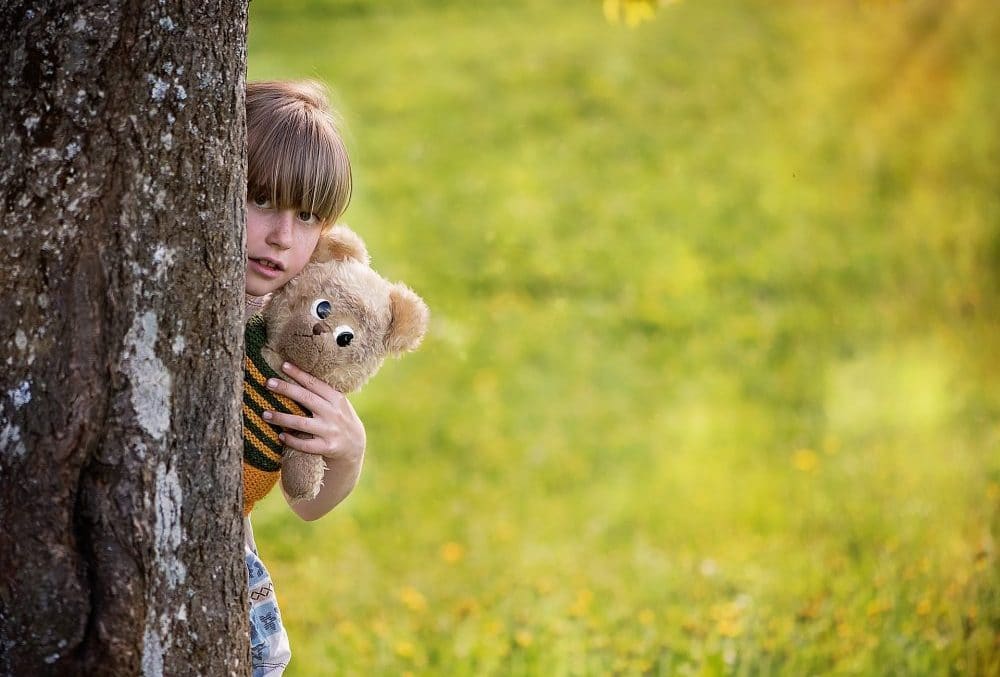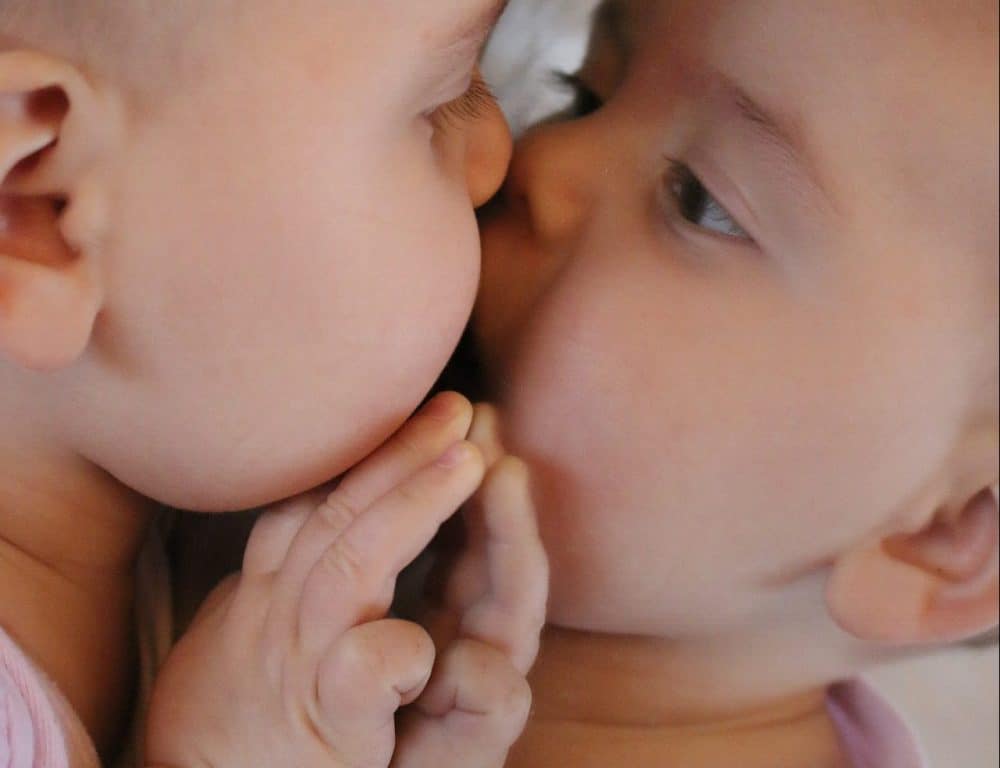
Kids Not Listening? Some Tips To Change Misbehavior Without Yelling
Sometimes yelling can feel like an automatic reaction when kids are not listening or behaving. I know, I have been there many times!
However, we all know that yelling is not healthy. As teachers we need to model to our children how to have healthy interactions in relationships with others. Also, how to deal with our emotions responsibly and appropriately.
In this article, you will find our expert recommendations on what you can do to help your child develop great listening skills!
How to Stop Yelling at Kids
1) Make sure you are looking after your needs: Self-Care.
Please read my article on: Top 15 Self-Care Tips for Busy Moms
2) Take the Time to Identify your Triggers
First of all, do your best not to judge your anger or emotions in response to your kids behavior. It is okay you are feeling angry, frustrated etc. However, your responsibility is to now understand why you react so strongly. For example, for me it is when someone discounts or ignores me. This triggers lots of anger from my childhood (and I remember specific memories of when I felt this way and also later on).
Self-awareness is very powerful for all interactions in life, not just with your children. Once you understand your triggers, you are able to positively change all relationships in your life as you learn not to blame anyone else for your feelings.
For help on identifying your triggers go to: Identifying Your Triggers
How to Stay Calm in the Heat of the Moment
1) First change your perception. Do not take their behavior personally. They are not deliberately trying to make your life feel miserable! Kids are often easily distracted and totally absorbed in what they are doing in the moment.
2) Difficult behavior is a request for help. They may be ignoring you on purpose because they are crying out for your help. It could be they need more sleep, a cry for attention, or a call to action for firmer more consistent limits.
3) Trust in Their Process. That whatever the child is expressing is always the perfect thing for them to be expressing at that time. Welcome these feelings, be okay with what they are going through. Kids are generally way better than us at expressing their emotions!
What You Can Do to Stop Yourself from Yelling
When our children are triggering us, we get into a state of stress. Take a brief moment to centre yourself. Take a deep breath in (for at least 6 counts or whatever feels comfortable) hold for one count and then exhale (for 6 counts or more). Do this a few times, until you feel calmer.
Tell your child how you feel and how you are calming yourself down. For instance, “I’m feeling like I’m going to yell. I’m breathing now. Give me a moment please.” Or, “I need space right now. I’m going to stand over here for a moment and then, I’ll be back to talk to you.”
Consider What May Be Causing Their Behavior
Are they tired? If so, maybe a nap or early night will help.
Are they hungry? Maybe they need a snack and have not expressed this.
Have they been pushed beyond their limits? Have we had reasonable expectations? Sometimes kids act out when we have pushed them beyond their limits, for example, a 2 hour car drive when they have only ever been in the car for a length of 1 hour.
Do they have a build up of emotions that need to be let out? It is healthy and necessary for them to release their emotions. They are much better than adults at doing this. We need to encourage and support this process.
Are you setting enough limits and are they clear and consistent? Or are you giving too many chances and choices? Children are always testing their power and will, so you need to have clear limits set in place. This helps children feel secure, loved, and know that you can handle them. This does not mean they will like it and that is okay.
For example, a child is throwing toys outside. Make eye contact and get down to the child’s level. Ask them once politely “Please keep your toys in the house.” If they keep doing it, say “You are throwing toys outside when I asked you not to. I’m going to lock the door.” The child may get upset you did this, however, that is okay. In this case the child was mis-behaving because they were testing and asking for firmer boundaries.
Use your intuition when gauging what it is that your child is asking for and needs!
How to Help the Child Listen
Connect with your child: For young kids, get down on your child’s level and touch them lightly. Observe what they are doing and connect with them by making a comment about it, “Wow, this car is so fast!” Get their attention and wait for eye contact. Then start calmly talking.
If the child does not look up, make sure you have their attention by asking “Can I tell you something?” When they look up, then start talking.
For older kids: aim for a minimum of eye contact and an acknowledgement that they heard you.
Use fewer words: Kids usually know what they’re supposed to do, they just need some simple reminding. “They’ll tune you out when you go on and on,” Faber (author of How to Talk so Kids Will Listen and How to Listen so Kids Will Talk) states. Avoid lectures “Instead, try just one word to jog their memory, for example, when you want them to put on their pajamas just say, Pajamas!”
Offer your child choices: “Threats and punishment don’t work,” Faber explains, rather than feeling sorry for not cooperating, a child tends to become even more stubborn. But when you make him part of the decision, he is far more likely to do what is acceptable to you.”Would you like your hair done before or after breakfast?”
Listen to Your Child: I love how the Clinical Psychologist Dr Victoria Samuel puts this: Careful listening shows that you respect your child’s feelings and gives them space to explore a problem and, often, find their own solution. Being listened to can cause difficult feelings to evaporate – cue less moaning, fewer tantrums, fewer tears. Most importantly, if you listen to your child, they are more likely going to listen to you.
Give your full attention. Stop what you are doing, turn to your child, make eye contact and listen to what they are saying. Acknowledge what your child is saying with a non-committal, simple “mmm”, “I see,” “oh,” “right”.
Often behind what your child is saying (or even behind how they are acting, if not yet talking) is a feeling. Identify the feeling and give it a name.“That sounds frustrating” “You’re disappointed that we have to leave now”
It’s crucial to accept feelings and resist the temptation to make things better by denying them.“Hey, there’s no reason to be so upset.””
How to Encourage Co-operation
If kids feel blamed they are less like to co-operate. For example, “you left peanut butter on the table, why do you always do that?” Make a statement of fact instead: “There is peanut butter on the table”
State Facts and Educate Them: “Leaving lights on wastes electricity”
Describe how you feel : “It bothers me when I see clothes on the floor”
Write Notes
Children love receiving notes and generally respond well to them.
“When I am dirty I like to be put in your hamper. Please don’t leave me on the floor. Thank you. Your Jeans.”
Use Humor
Diffuse difficult situations by giving your child his wishes in fantasy. Wave a wand with words! “If only I could make that orange juice into your favorite apple juice.
Prevention – Think Ahead
Let your kids know your plan ahead of time. “After you’ve brushed your teeth and are totally dressed and ready to go, you can watch a little more TV while I get your brother dressed. That way you will be on time for school.”
“When you’ve brushed your teeth, then I’ll read you a story”
Tell your kids what is expected of them ahead of time. For example:
- Let them know beforehand that they have 30 minutes of watching TV.
- When heading to a restaurant, they will behave better if they know the wait might be long. They can color while they wait.
Tell kids what they can do rather than what they can’t.
It is easier for children to follow directions when they know explicitly what to do. For example, “Sit on your seat,” is easier to understand than “Stop running around.”
If you do end up yelling
Model what you would like to see in your child. Apologize for your outburst. Forgive yourself and strive to do better next time.
Thank you for reading!









